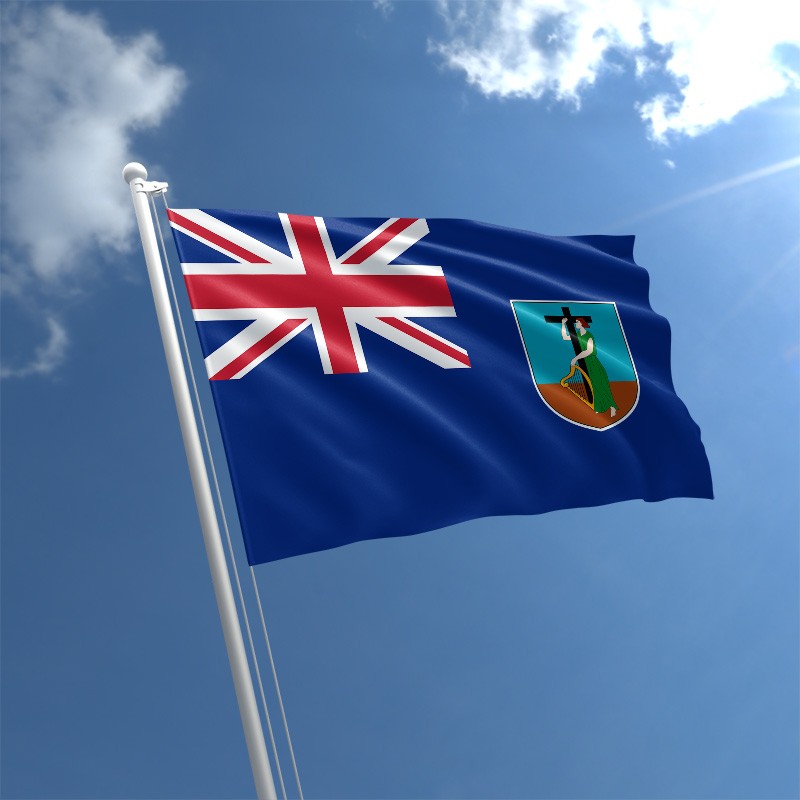By Adelle Roopchand
PARAMARIBO, Jan 28 2020 (CNS) – Caribbean countries have been urged to consider venturing into agro-tourism, given its cross-cutting nature and links with other sectors along its vast value chain.
“A robust agro-tourism industry is paramount to diversify the agriculture sector in the Caribbean,” Stephen Tsang, Suriname’s Ministry of Trade, Industry and Tourism, told Caribbean News Service (CNS).
“Agro-tourism looks at creative and innovative ways to add value to agricultural activities to attract visitors and create additional sources of income for farmers. It also contributes to the diversification of both the tourism and agriculture industry.”
Tsang spoke with CNS on the sidelines of an agro-tourism policy development workshop under the theme, ‘Policy setting for improved linkages between agriculture, trade and tourism: Strengthening the local Agri-food sector and promoting healthy food in Agritourism.’

Tsang said linking agriculture and tourism will enhance the value addition of the product and the services for a variety of markets.
“Agro-tourism will bring the tourist markets closer to the community to enjoy a true home away from home experience – whether in the rice fields, banana plantations, walk through the orchards and pick and eat – that is natural and rich in customs and traditions, which encourage tourists to return,” Tsang explained.
“The diversification will benefit the rural people to create self-sufficiency for a greater sector of the Surinamese community. It will provide them with opportunities for markets in tourism and trade; employment; access to a various entrepreneurial opportunity and improve their livelihoods and for generations to come.
“The benefits are numerous but have to be explored further to ensure its sustainability,” Tsang added.

Dr Curt Delice, Inter-American Institute for Cooperation on Agriculture (IICA)’s Special Affairs Coordinator for the Caribbean and Suriname’s Representative said Suriname has so much to offer not just to the tourists, but to the region as whole towards achieving food and nutrition security.
“The country is vast with fertile land and the people are welcoming and willing to share their rich heritage of food and culture, but also their way of life. It is an excellent prospect for many types of agro-tourism – food and dining to experience the indigenous cuisine, health and wellness; farm-based tourism; eco-tourism including the forest; and last but not least agri-heritage in the rural communities,” Delice said.
Tania Lieuw A Soe, Agrientrepreneur in the cassava sector, President of the Suriname Network of Rural Women Producers (SUNRWP) and member of the Wi! Uma fu Sranan Agro- Cooperative U.A. says the rural women are motivated to improving the quality of food for their families but they also want to ensure that their families and Suriname are well-equipped towards having food security and nutritional food in the future.
“The women work hard, and we want a fair price for our products and services, but also to be recognised as rural women who contribute to the socio-economics of the community and the country,” Lieuw A Soe said.
“As indigenous people we respect our environment, Mother-Earth provides for us and we are encouraged by Minister Tsang and IICA and their work to contribute to the agro-tourism experience.”
The agro-tourism forum was organised by IICA and the Suriname Government, supported by the Technical Centre for Agricultural and Rural Cooperation (CTA) and the European Union. It provided an opportunity to identify the crucial aspects towards the development of an agro-tourism policy in Suriname.





